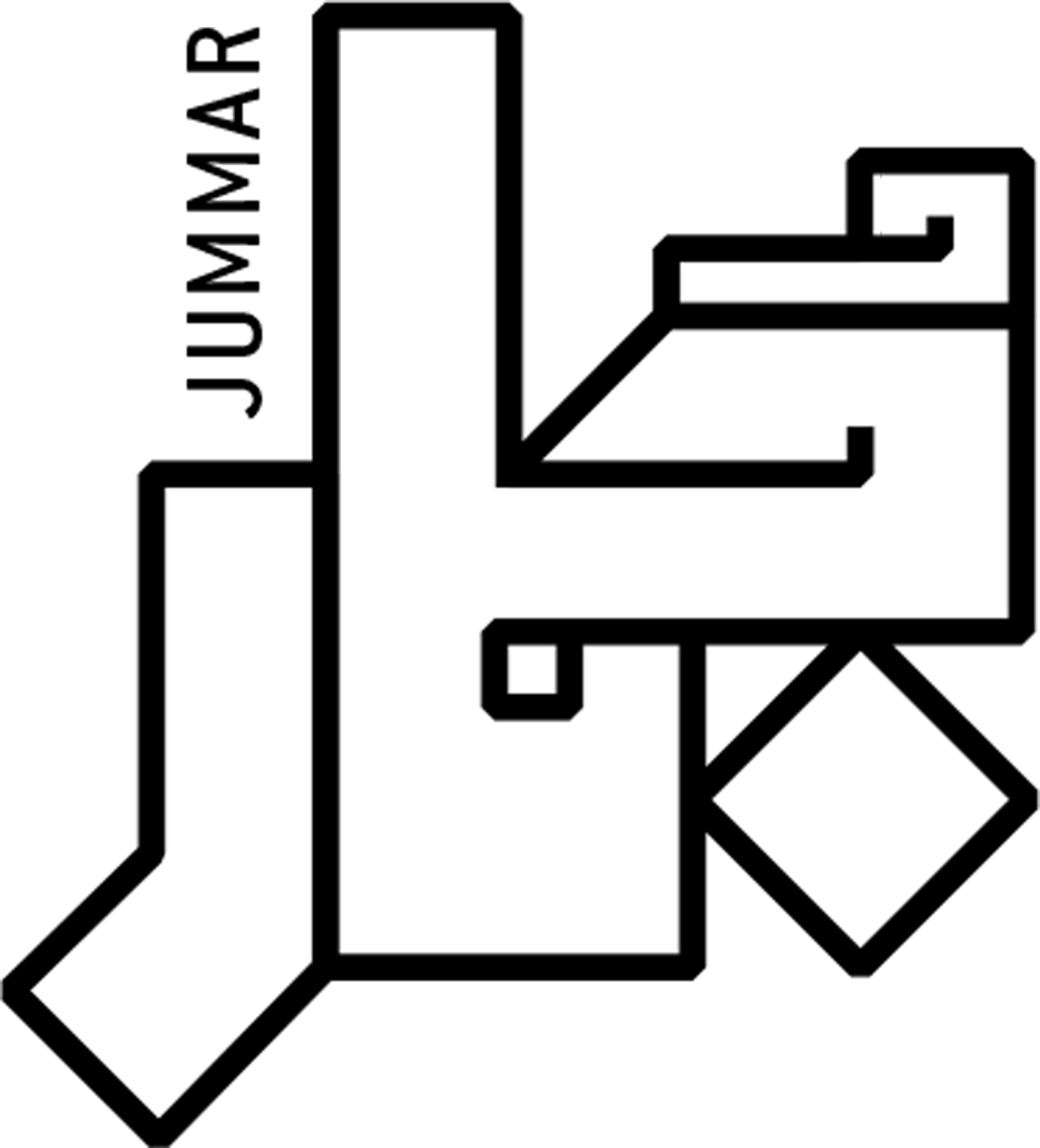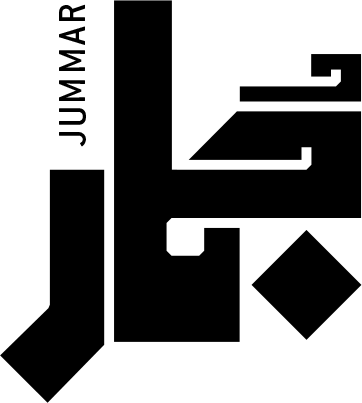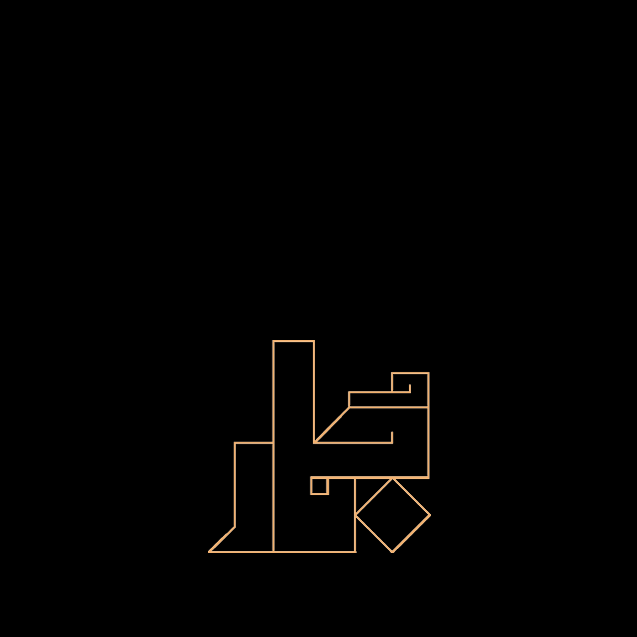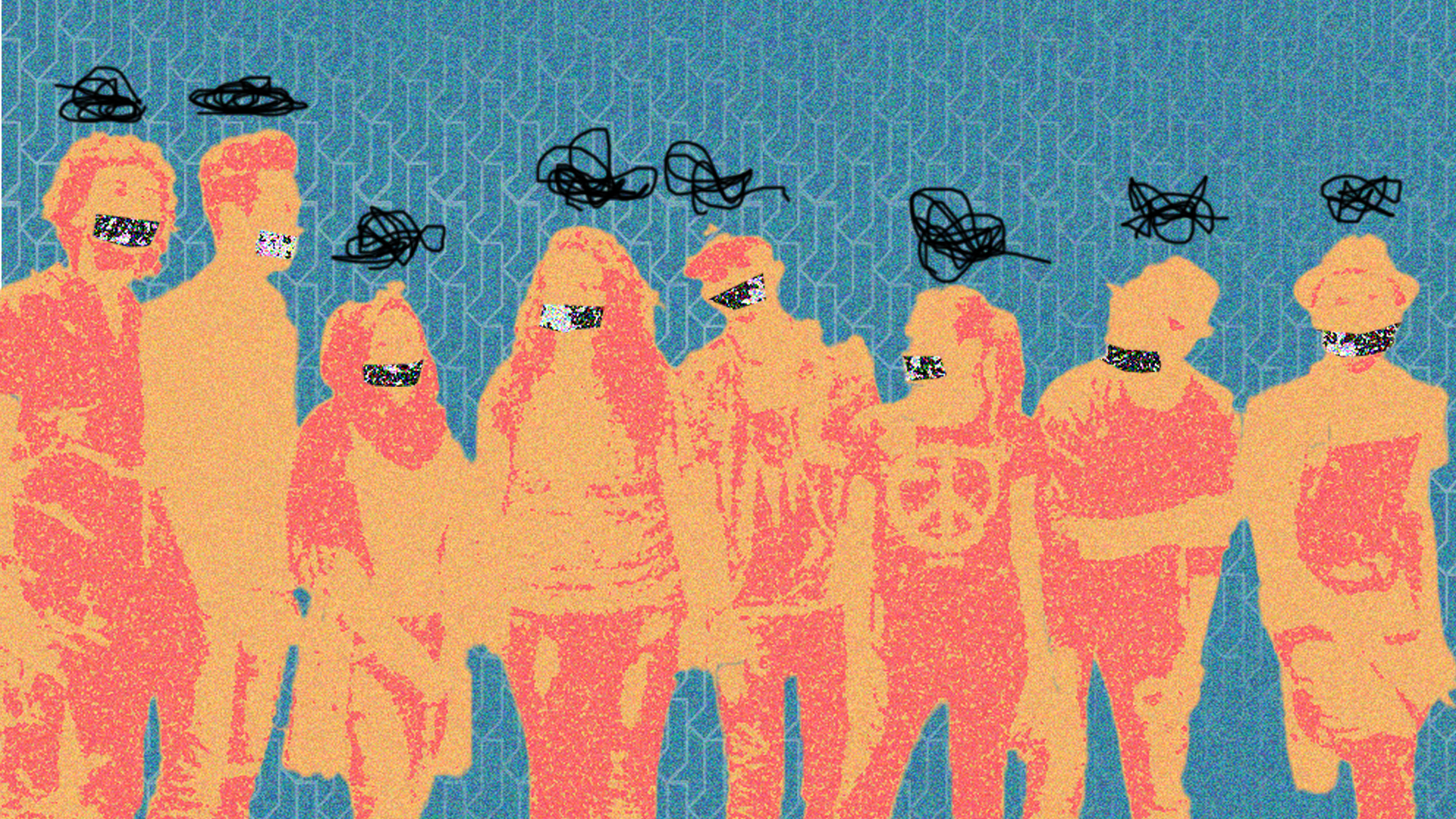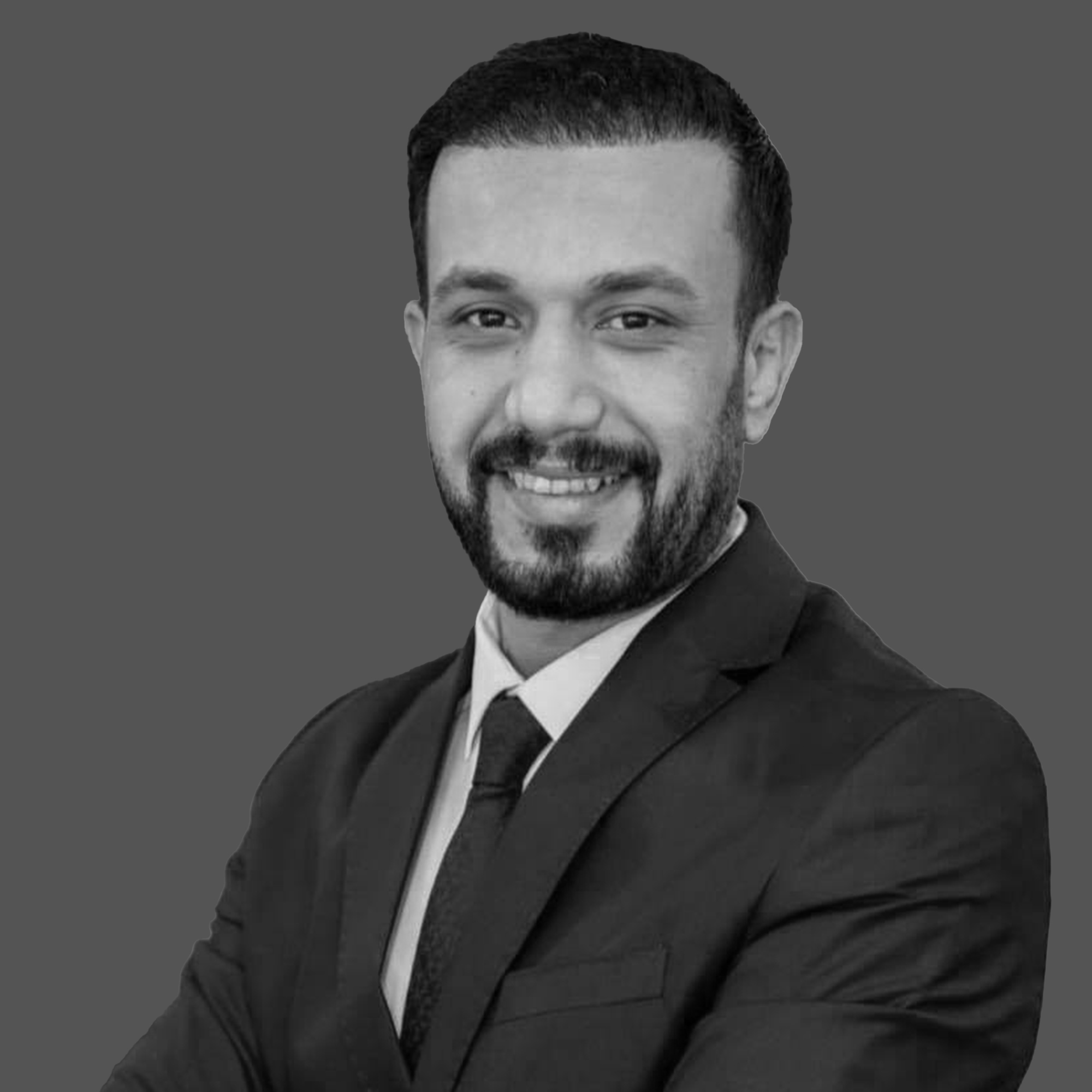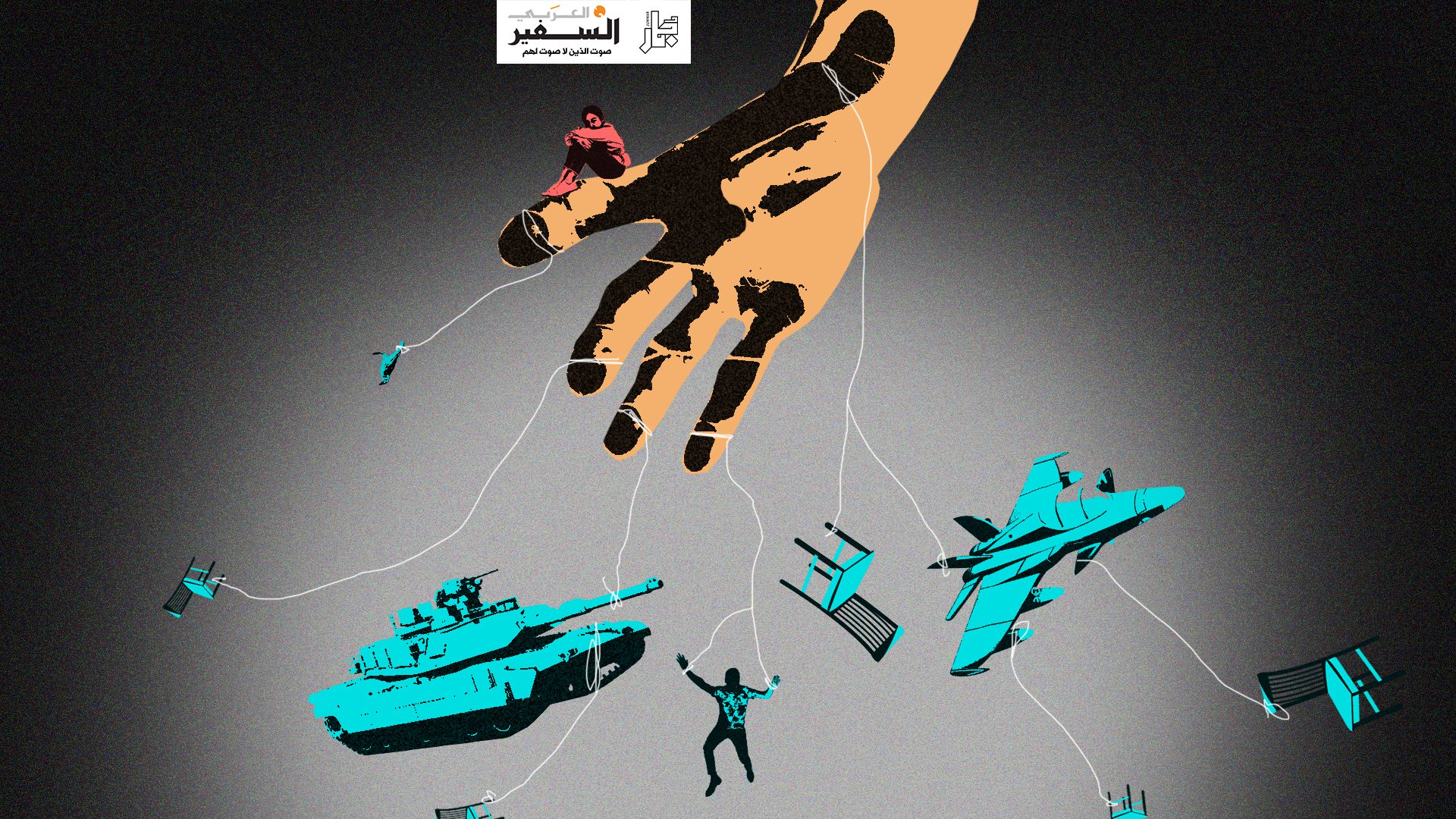The Last Guarantee to Prevent Dictatorship in Iraq
02 Oct 2022
The leaders of the new regime in Iraq narrate to the world that they have given the Iraqis a privilege rather than a fundamental human right.
Freedom of expression is a principle of the current political system in Iraq. Iraqis could not exercise their right to freedom of expression for nearly a quarter of a century before the US invasion of Iraq brought about the current political system. This is especially true for those who lived under the regime of the Baath Party.
The current regime in Iraq boasts of freedom of expression in the country when leaders and supporters meet with officials from European countries, the United States of America, the United Kingdom, and other countries championing democracy and human rights, portraying it as a privilege rather than a fundamental human right.
Institutions of the Iraqi state deal with Freedom of Expression as though it is a right that is monitored by western countries. They work to preserve it out of fear rather than out of their belief in its importance. Efforts to enact laws related to freedom of expression during previous parliamentary sessions have indicated that most of those currently in power do not believe in this right and instead treat it as a requirement from the west. When civil society organisations have repeatedly tried to promote laws such as the Access to Information Law and the Freedom of Expression and Peaceful Demonstration law, they have been met with strong resistance by the current regime.
After 2003, Iraqis had little to distinguish their current conditions from those under the Baath Party regime except for the right to freedom of expression, which is still subject to the regime’s many attempts to bind and restrict it. In 1925, the Iraqi constitution stipulated freedom of expression and Article 12 of Part One stated that “Iraqis have the freedom to express opinions, publish, meet, form and join associations, within the limits of the law.” Article 38 of the current Iraqi Constitution and its three paragraphs clearly and explicitly stipulate that “The State shall guarantee, without prejudice to public order and morals, freedom of expression, freedom of the press, printing, advertising, media and publication, freedom of assembly and peaceful demonstration, and it shall be regulated by law.”
We cannot talk about freedom of expression between 1979-2003, the years of Saddam Hussein’s rule over Iraq. As a result of Hussein’s lack of commitment to Freedom of Expression, tens of thousands of Iraqis were executed, buried, arrested, and forced to emigrate.
However, freedom of expression in Iraq has entered its most dangerous phase since 2003, as a natural result of “the increasing power of the enemies of freedom of press,” according to a report by the Iraqi Observatory for Human Rights, published on May 3, 2022. Last July, a group of journalists faced lawsuits and threats for their opinions and positions that were seen to be inconsistent with those of key players in state institutions and the political system. Some journalists consider the last two years to have been the most restrictive and threatening to journalists and their freedom of expression as a result of pressure from government, political actors, and armed groups. This is not limited to journalists but also includes activists, human rights defenders, and bloggers.
Several cases between journalists and Iraq’s Supreme Judicial Council have sparked a major crisis. This crisis has been exploited by political actors in an attempt to create a gap between the judiciary, which journalists and human rights defenders rely on as the last remaining state institution, and many prominent opinion holders. This gap, which was quickly bridged through a dialogue between a group of journalists and human rights defenders with the Supreme Judicial Council, became the incentive to move towards enacting laws that regulate freedoms without restricting them, including amending the Penal Code No. 111 of 1969. Following what was deemed to be an inappropriate attempt to intercept the conflict between journalists and certain actors in the Iraqi scene, the Supreme Judicial Council corrected its stance and confirmed on more than one occasion that it stands by journalists and human rights defenders.
The media chaos in Iraq has produced a certain type of journalists in the country. Some consider criticism to be part of the system of extortion that often services political parties. Many of these perceptions are unfounded and could be resolved with a law that can regulate media work, provided once again that it does not affect and restrict freedom of expression. It cannot be condoned that those who describe themselves as journalists, activists or writers exploit freedom of expression to target or blackmail personalities and institutions, a practice which is seen in Iraq. However, the issue is not in the right to freedom of expression itself, but in those who exercise this right while encroaching on the rights of others. Today the turbulent nature of the relationship between journalists and the state calls for an in-depth dialogue to separate freedom of expression from defamation and slander. Reaching this point may not be easy for politicians and key state actors, but it will be in their interest as well as in the interest of journalists and the public.
Guaranteeing freedom of expression can prevent new forms of dictatorship and tyranny in an Iraq that is supposed to be democratic both in theory and in reality.
Read More
Freedom of expression is a principle of the current political system in Iraq. Iraqis could not exercise their right to freedom of expression for nearly a quarter of a century before the US invasion of Iraq brought about the current political system. This is especially true for those who lived under the regime of the Baath Party.
The current regime in Iraq boasts of freedom of expression in the country when leaders and supporters meet with officials from European countries, the United States of America, the United Kingdom, and other countries championing democracy and human rights, portraying it as a privilege rather than a fundamental human right.
Institutions of the Iraqi state deal with Freedom of Expression as though it is a right that is monitored by western countries. They work to preserve it out of fear rather than out of their belief in its importance. Efforts to enact laws related to freedom of expression during previous parliamentary sessions have indicated that most of those currently in power do not believe in this right and instead treat it as a requirement from the west. When civil society organisations have repeatedly tried to promote laws such as the Access to Information Law and the Freedom of Expression and Peaceful Demonstration law, they have been met with strong resistance by the current regime.
After 2003, Iraqis had little to distinguish their current conditions from those under the Baath Party regime except for the right to freedom of expression, which is still subject to the regime’s many attempts to bind and restrict it. In 1925, the Iraqi constitution stipulated freedom of expression and Article 12 of Part One stated that “Iraqis have the freedom to express opinions, publish, meet, form and join associations, within the limits of the law.” Article 38 of the current Iraqi Constitution and its three paragraphs clearly and explicitly stipulate that “The State shall guarantee, without prejudice to public order and morals, freedom of expression, freedom of the press, printing, advertising, media and publication, freedom of assembly and peaceful demonstration, and it shall be regulated by law.”
We cannot talk about freedom of expression between 1979-2003, the years of Saddam Hussein’s rule over Iraq. As a result of Hussein’s lack of commitment to Freedom of Expression, tens of thousands of Iraqis were executed, buried, arrested, and forced to emigrate.
However, freedom of expression in Iraq has entered its most dangerous phase since 2003, as a natural result of “the increasing power of the enemies of freedom of press,” according to a report by the Iraqi Observatory for Human Rights, published on May 3, 2022. Last July, a group of journalists faced lawsuits and threats for their opinions and positions that were seen to be inconsistent with those of key players in state institutions and the political system. Some journalists consider the last two years to have been the most restrictive and threatening to journalists and their freedom of expression as a result of pressure from government, political actors, and armed groups. This is not limited to journalists but also includes activists, human rights defenders, and bloggers.
Several cases between journalists and Iraq’s Supreme Judicial Council have sparked a major crisis. This crisis has been exploited by political actors in an attempt to create a gap between the judiciary, which journalists and human rights defenders rely on as the last remaining state institution, and many prominent opinion holders. This gap, which was quickly bridged through a dialogue between a group of journalists and human rights defenders with the Supreme Judicial Council, became the incentive to move towards enacting laws that regulate freedoms without restricting them, including amending the Penal Code No. 111 of 1969. Following what was deemed to be an inappropriate attempt to intercept the conflict between journalists and certain actors in the Iraqi scene, the Supreme Judicial Council corrected its stance and confirmed on more than one occasion that it stands by journalists and human rights defenders.
The media chaos in Iraq has produced a certain type of journalists in the country. Some consider criticism to be part of the system of extortion that often services political parties. Many of these perceptions are unfounded and could be resolved with a law that can regulate media work, provided once again that it does not affect and restrict freedom of expression. It cannot be condoned that those who describe themselves as journalists, activists or writers exploit freedom of expression to target or blackmail personalities and institutions, a practice which is seen in Iraq. However, the issue is not in the right to freedom of expression itself, but in those who exercise this right while encroaching on the rights of others. Today the turbulent nature of the relationship between journalists and the state calls for an in-depth dialogue to separate freedom of expression from defamation and slander. Reaching this point may not be easy for politicians and key state actors, but it will be in their interest as well as in the interest of journalists and the public.
Guaranteeing freedom of expression can prevent new forms of dictatorship and tyranny in an Iraq that is supposed to be democratic both in theory and in reality.
